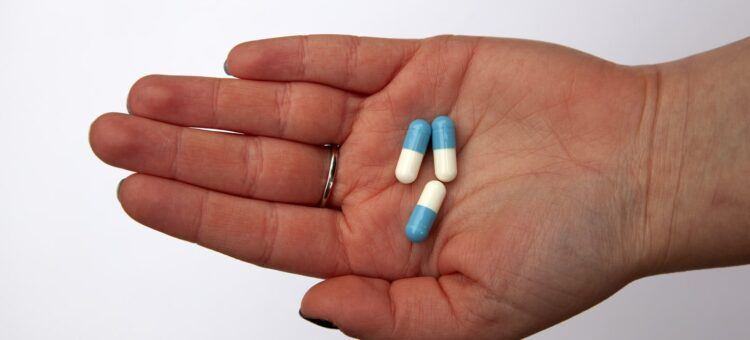All medications come with labels and patient information sheets. A label is a contract between you and the drug manufacturer. It’s meant to tell you how to use your medication correctly and what to do in an emergency. The drug label and patient information sheet will also tell you if your medication is right for you. Many drugs are specific to certain conditions, and the label will say who should and shouldn’t take medicine.
You need to know more than its name when you’re taking medication. You also need to know its effects, how to take them, and what to do in case of emergencies. That’s because all drugs work differently, and they can have different effects on each person taking them. Fortunately, you can ask your doctor, nurse, or other healthcare providers about the prescribed medicines.
Importance of Taking Medicine as Directed
Following the instructions on how to take specific medications is to ensure you’re using them safely. If you don’t take it the right way, it’s possible that you won’t get the drug’s full benefits. You also run a much greater risk of having a bad reaction.
Some medications, when taken incorrectly, can cause an increased risk for serious heart problems, nausea, vomiting, rashes, hives, or itching. Other medications also aren’t meant to interact with each other, which is why you should know what you can and can’t take together.
Ways to Administer Medication
Medication can be taken in a variety of ways. You may be given pills or liquid medicine, which are meant to be swallowed. You could even have a skin patch, cream, or ointment, which are applied topically. Some medications come in the form of inhalers, nasal sprays, or vaccines. Different medications can be administered in different ways, and some might even require the presence of a medical professional.
There are also different times of day you can take your medicine, which is important to keep in mind as well. Some will be taken in the morning, some at night, and others are required before or after a meal. It is important to take your medicine at the right time because of the possible side effects that could occur.
Keeping Track of Your Medications
As time passes, you may occasionally forget how to take a dose of your medication or even forget to take some altogether. Writing down a complete list of information into a medication log is a great way to ensure that you are taking them correctly and on time. When you’re at the pharmacy, you should also keep the receipts in a safe place. That way, you’ll have official documents to remind you of the medications you need as well.
If you don’t want to write all your medication information down on a piece of paper, you can also use a medication log app. That way, all the necessary information is on your phone, and you’ll have it on your person at all times throughout the day. Even when you’re out and about, you won’t have to worry about forgetting to bring your log with you.
Conclusion
Remember, the most important part of taking any medication is taking it correctly. Use your medication log to keep track of what you’re taking and when you’re taking it. If you have questions about your medications, be sure to consult with your doctor, nurse, and pharmacist before you stop taking them, alter dosages, or switch to a new medication.
My Medication Log is an app to keep track of taking pills and other medications. It’s great for both patients and caregivers because it allows you to manage, store, and share information with ease and efficiency. Sign up with us today or contact us for more information.

